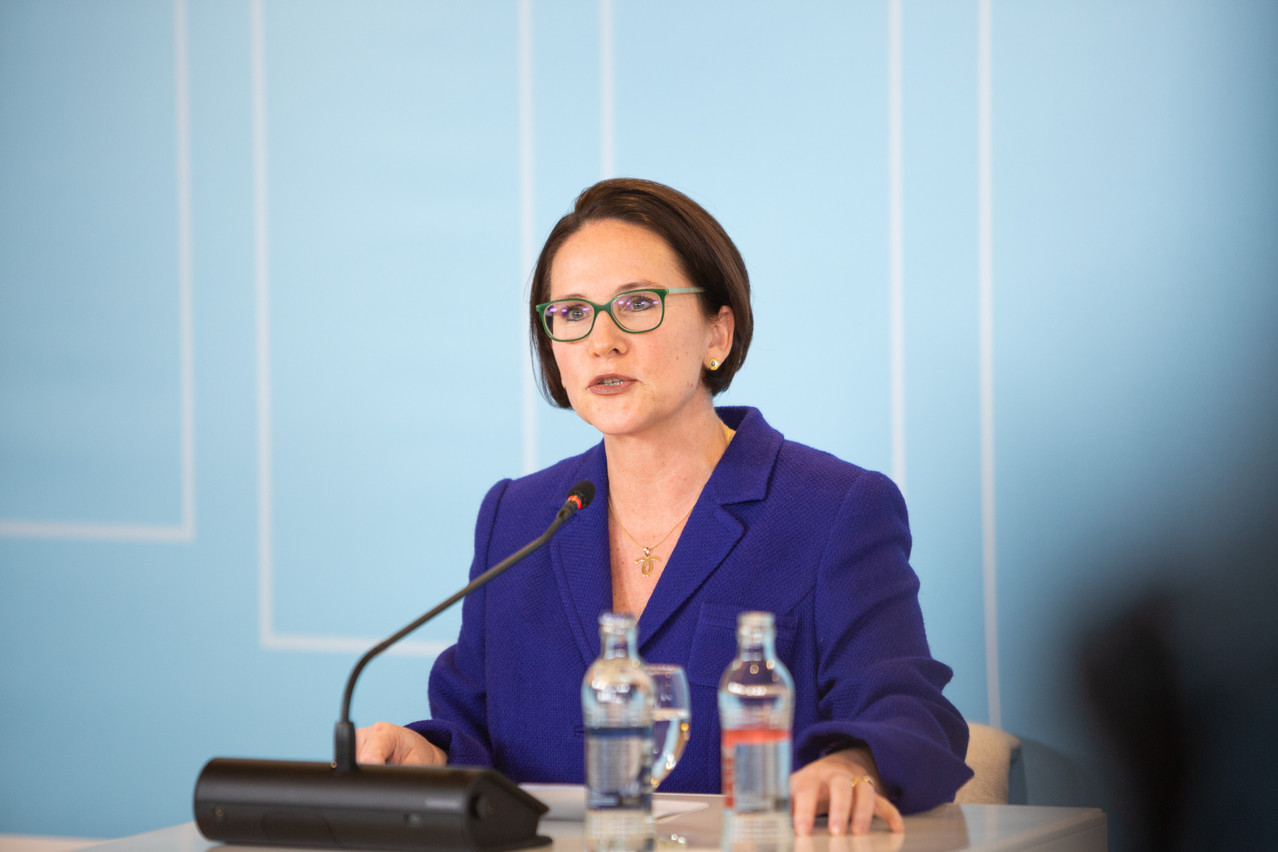Last year’s budget foresaw state spending of €23.5bn compared to revenue of €22.3bn in the context of economic resurgence from the pandemic. This time around the energy crisis and the war in Ukraine will loom over the budget for the upcoming year. The 2023 general elections will also have an effect on discussions between the parties in view of parliament adopting the budget.
The budget will put finance minister (DP) in the spotlight as her first draft presentation will have a sway on the perception of her mandate. When (DP) presented the 2022 budget he defended postponing the tax reform but supported the indexation of wages, which has become a hotter topic this year following their initial postponement
Debt perception
The energy and inflation crisis will no doubt affect government spending and therefore the national debt which was already impacted by the pandemic. "It is imperative to stop the state's over-indebtedness, which has been growing for several years, and not to make expenditures that we cannot afford, because this is done at the expense of future generations," said , head of the ADR’s parliamentary faction. Debt is a topic of interest notably concerning Luxembourg’s triple A rating and the limit of the debt ceiling (below 30% of GDP). CSV MP wants to emphasises the basics. “In the coalition agreements, the government has made commitments. We will see if it respects them.”
Roth and his colleagues will be especially attentive to "the way in which the government will implement the tripartite agreements", in particular the size of the envelope that will be used to finance the compensation measures for the gas and electricity ceiling, as well as the methods of financing the third indexation previewed for 2023 by the tripartite agreement.
Taxation
For all opposition parties, the issue of fiscal balance will be at the heart of discussions for the 2023 budget. Depending on the party, the imbalance takes the form of tax revenues that they consider to be more or less well placed. The ADR remains in line, with Roth insisting that in 2023 “we will be against any form of tax increase, including on housing or the carbon tax planned from 1 January.”
Read also
Housing and health
More action on housing is one of Dei Lenk's long-standing key demands: “The housing crisis requires more than action on taxation,” says (Déi Lénk). The left-wing party’s MP is expecting to see "what health package will be proposed in the new budget", notably on hospital staff. On this point, she agrees with (Déi Gréng) who underlines that “the pandemic has shown that 66% of health workers in Luxembourg come from border countries” which she says is a sign of the health system’s dysfunction.
